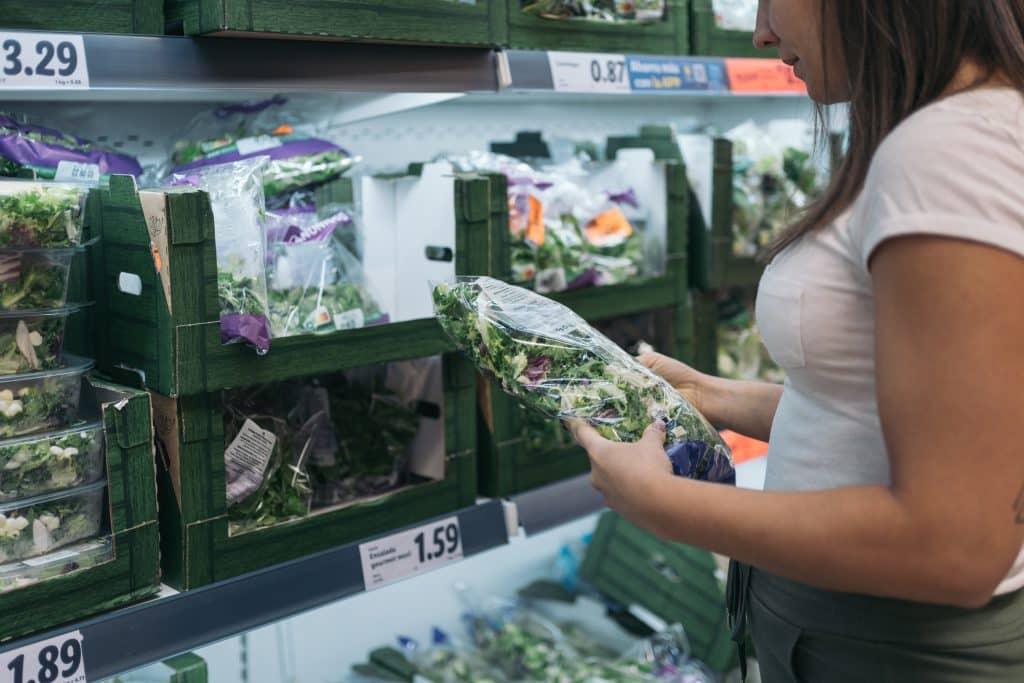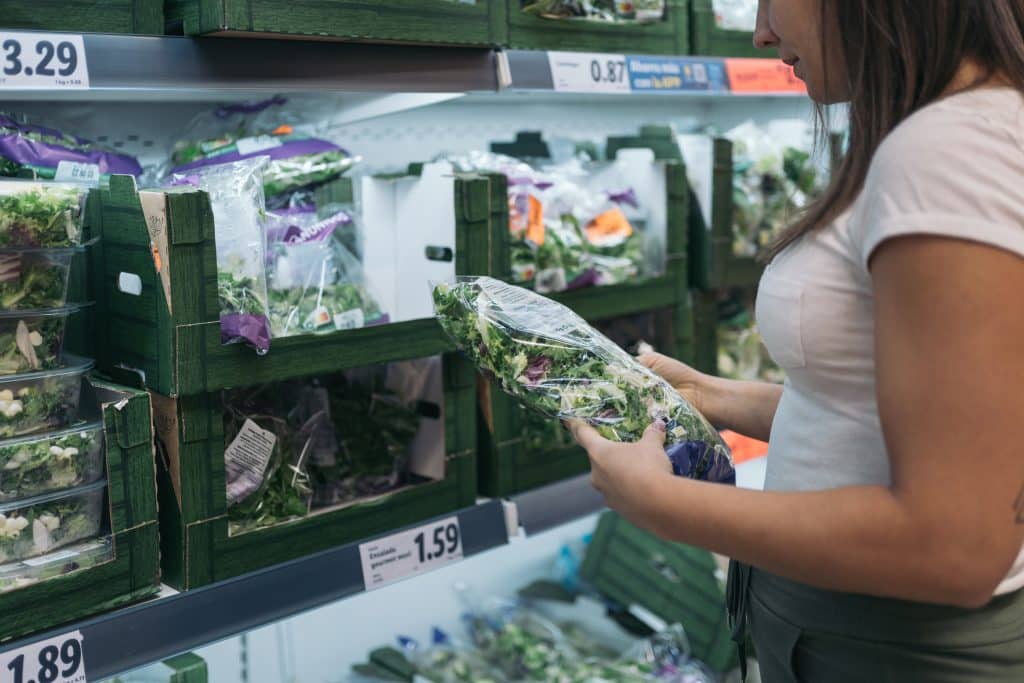Salad, a cornerstone of our balanced meals, is not always as healthy as we believe. A recent survey by 60 Million Consumers revealed a concerning presence of pesticide residues in pre-packaged salads sold in supermarkets. However, not all types of salads are equally affected: some are significantly less contaminated than others. So, which salad should you choose to safeguard your health while enjoying the convenience of ready-to-eat products?
Pesticides in our Plates: An Alarming Reality
Vegetables are essential for a healthy diet, but they are also among the primary casualties of intensive agriculture. Pesticides, widely used to ensure high yields and protect crops from disease, leave traces on the products we consume. Salads, particularly those sold in bags, are among the most contaminated vegetables.
Why is salad so exposed? The answer lies in its fragility. Fungal diseases and insect attacks often force producers to resort to heavy pesticide use. Unfortunately, these residues end up in our plates, posing potential risks to our health.
Mâche or Lettuce: Which to Choose to Limit Pesticides?
The study by 60 Million Consumers focused on two types of salads: lettuce (classic or iceberg) and mâche. After analyzing 26 references from conventional, organic, or “pesticide-free” labeled agriculture, the results are clear: mâche fares slightly better than lettuce.
- Out of the 13 lettuces tested, 8 received an inadequate score, and 4 of them were deemed very inadequate due to pesticide residues.
- In contrast, among the 13 mâches studied, only 4 exhibited concerning contamination levels. Of these, 3 are classified as very inadequate and 1 as inadequate.
This finding makes mâche a wiser choice to reduce pesticide exposure, even though it is not entirely free from chemical substances.
Beware of Pitfalls: Organic Does Not Always Mean Zero Pesticides
While one might think that salads from organic farming are systematically better for health, 60 Million Consumers warns us otherwise. An analyzed organic mâche contained traces of a herbicide banned since 2010. This discovery, albeit rare, raises questions about accidental or recurring contamination in certain productions.
Thus, although organic products are generally less contaminated, it is prudent not to see them as infallible. Prefer reliable certifications, but remain vigilant regarding potential anomalies.
Salads to Avoid in Supermarkets
Among the mâches rated poorly by 60 Million Consumers, some stand out… for all the wrong reasons. Here’s a look at products to avoid to limit your pesticide exposure:
- U supermarket mâche, rated insufficient with a score of 8.9/20.
- Bonduelle maxi format mâche, harshly criticized with a score of 6.2/20.
- Saint Eloi mâche (Intermarché), deemed very inadequate with only 5.3/20.
- Carrefour Bio mâche, containing a banned molecule, which received the lowest score: 5/20.
These results illustrate the importance of making informed choices, even among reputable or organic brands.
Tips for Consuming Healthier Salads
In light of these revelations, what can you do to enjoy the benefits of salads while reducing your pesticide exposure? Here are some practical recommendations:
- Favor mâche: as shown in the study, it is generally less contaminated than lettuce.
- Wash your salads thoroughly, even if they are sold as ready to eat. A thorough rinse can reduce the presence of certain residues.
- Choose local producers or short supply chains, which often limit pesticide use. Farmers’ markets can be an excellent alternative.
- Vary your vegetable intake to minimize risks associated with repeated exposure to specific contaminants.
Make an Informed Choice for Your Health
Pre-packaged salads are convenient and popular, but their contamination with pesticides should not be overlooked. The investigation by 60 Million Consumers highlights the notable differences between types of salads, with a preference for mâche, which is less polluted than lettuce or iceberg. Nevertheless, caution is still warranted, even with organic products, to ensure a healthy and balanced diet.
In summary, to combine convenience and health, it’s best to prioritize ready-to-eat mâches while continuing to read labels and wash leaves, even when it seems unnecessary.


